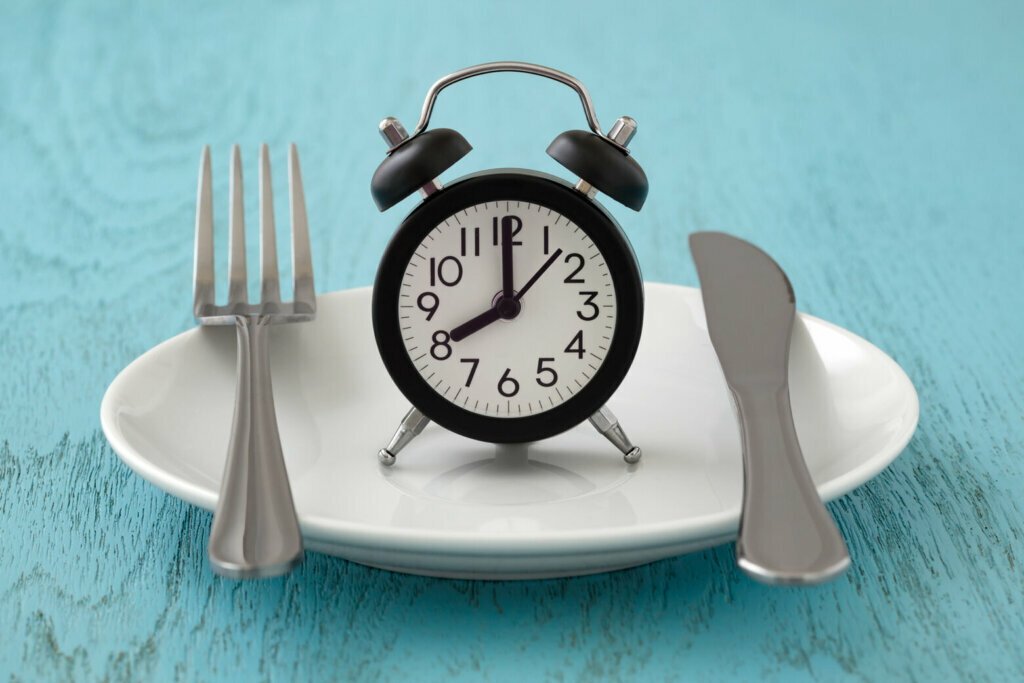
How to Weight loss :
1. What’s a Healthy Weight ?
A healthy weight depends on factors like height, body composition, and overall health.
2. How much weight should be aimed?
It’s not important to focus on a specific weight to lose instead we should aim for a gradual and healthy rate of weight loss.
Here are some reasons:
> Losing pounds too quickly is not good and it can also lead to yo-yo dieting.
> We should aim for a healthy rate of loss (1- 2 pounds per week ), It is a really good & healthy way to lose weight. And to lose pounds every week you have to start eating healthy and regularly exercise.
3. How long does it take to lose weight?
The timeframe for weight loss depends on many factors. There is not only one answer to this question.
>To lose weight you have to burn more & more calories. The more you burn calories, the faster the weight loss.
> People with more weight to lose may see results quicker initially.
> A healthy diet with regular exercise is the most effective & healthier way to lose weight.
> The timeframe for weight loss can also depend on age. Weight loss may be slower for older adults.
> Your medical conditions can also affect metabolism and weight loss.

4. What are the benefits of losing weight?
Losing weight has many benefits:-
Great Physical health:
> Losing weight reduces pressure on your arteries, lowers bad cholesterol, and improves blood flow, It also reduces the risk of heart disease, stroke, and high blood pressure.
> Having extra pounds puts stress on your joints, especially the knees & hips. Weight loss can make joint pain and stiffness lessen and it would make movement easier.
> Losing weight improves sleep quality by reducing the pressure on your airways, allowing for deeper and more restful sleep.
> Carrying less weight will make your body require less energy to do your daily tasks. It will increase stamina and energy levels.
> It is also good for your mental health. It can boost self-esteem, confidence, and body image. Losing pounds can reduce the risk of depression and anxiety.
5. Can health problems affect weight?
There are a lot of health problems that can affect weight, both causing weight loss and weight gain.
> Disorders like cancer, Dementia, Dental problems, Depression or other mental problems, Diabetes, High blood calcium levels, overactive thyroid, and low blood sodium levels can cause excessive weight loss.
> Cushing syndrome, Underactive thyroid or low thyroid, Polycystic ovary syndrome, and Menopause cause excessive weight gain.
6. How important are calories?
Understanding the importance of calories is crucial for maintaining a healthy lifestyle. They act as fuel for our body, providing the necessary energy to perform daily activities.
Every bodily function, from breathing, digestion, to thinking and moving, requires energy that is derived from calories obtained from food and drinks.
Calories play a vital role in building and repairing muscles, bones, and other tissues throughout the body.
When the number of calories we consume matches the number of calories we burn through daily activities, our weight stays stable.
Hence, it is essential to maintain a balanced diet that includes an adequate amount of various nutrients like proteins, carbohydrates, healthy fats, vitamins, and minerals.
Focusing solely on calories might not be the best approach as it can lead to nutrient deficiencies and health problems like fatigue, weakened immunity, and malnutrition.
Not all calories are created equal, and nutrient-rich foods keep us fuller for longer and positively impact our overall health.
For instance, a 100-calorie candy bar provides mostly sugar, while 100 calories of vegetables offer vitamins, minerals, and fiber.
Counting calories can be an effective tool for weight management, but it’s essential to prioritize a balanced diet that incorporates a variety of healthy foods.
Consulting a registered dietitian can help you create a personalized plan that meets your individual needs and goals.

When it comes to weight loss, the best diet and exercise plan for you will depend on a variety of factors such as your current health, weight, activity level, and food preferences. However, there are some general guidelines that can provide a good starting point for most people.
Diet:
1. Focus on whole foods: Whole foods, such as fruits, vegetables, whole grains, and lean proteins, are unprocessed or minimally processed and provide essential nutrients. Consuming these foods can help you feel full and satisfied while managing your calorie intake.
2. Reduce processed foods: Processed foods are often high in unhealthy fats, sugar, and sodium, and can contribute to excess calorie consumption. Limiting processed foods can be beneficial for weight loss.
3. Control portion sizes: Even healthy foods can lead to weight gain if consumed in large quantities. Being mindful of portion sizes and using smaller plates can help you manage your food intake.
Exercise:
1. Find an activity you enjoy: Choosing an exercise that you find enjoyable increases the likelihood of sticking to your routine in the long term. Whether it’s dancing, swimming, biking, or playing a sport, finding something fun can make exercise feel less like a chore.
2. Combine cardio and strength training: Incorporating both cardio and strength training into your routine can be beneficial. Cardio helps burn calories, while strength training builds muscle, which can boost your metabolism.
3. Weightlifting: Using free weights or weight machines to target all major muscle groups. Strength training helps build muscle, which burns more calories at rest, even when you’re not exercising.
Aim for at least 150 minutes of moderate-intensity cardio or 75 minutes of vigorous-intensity cardio per week and include strength training exercises for all major muscle groups at least twice a week.



